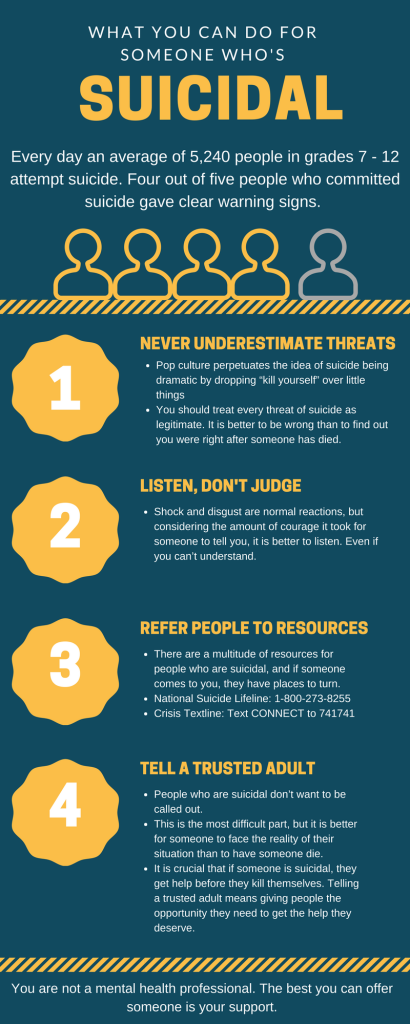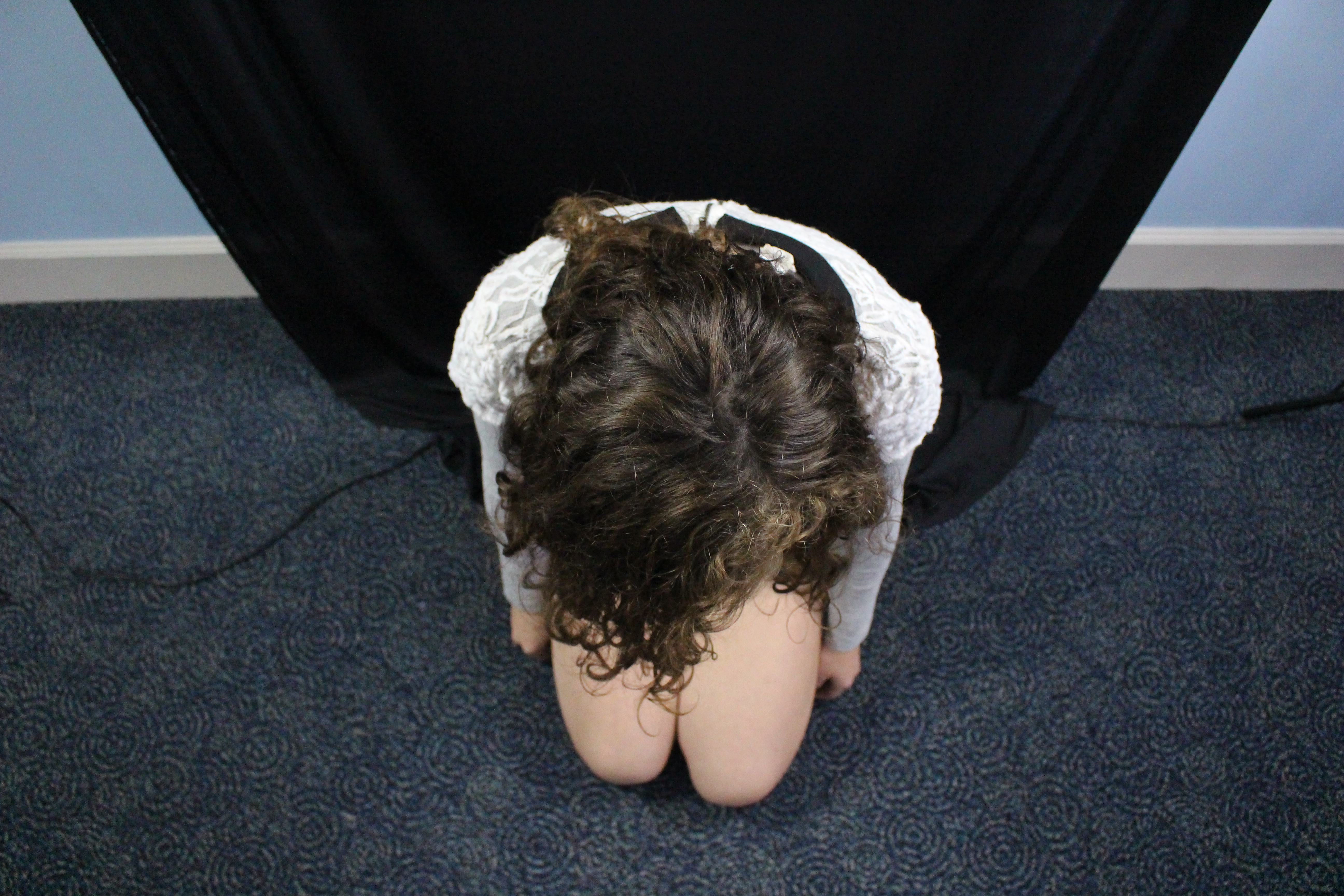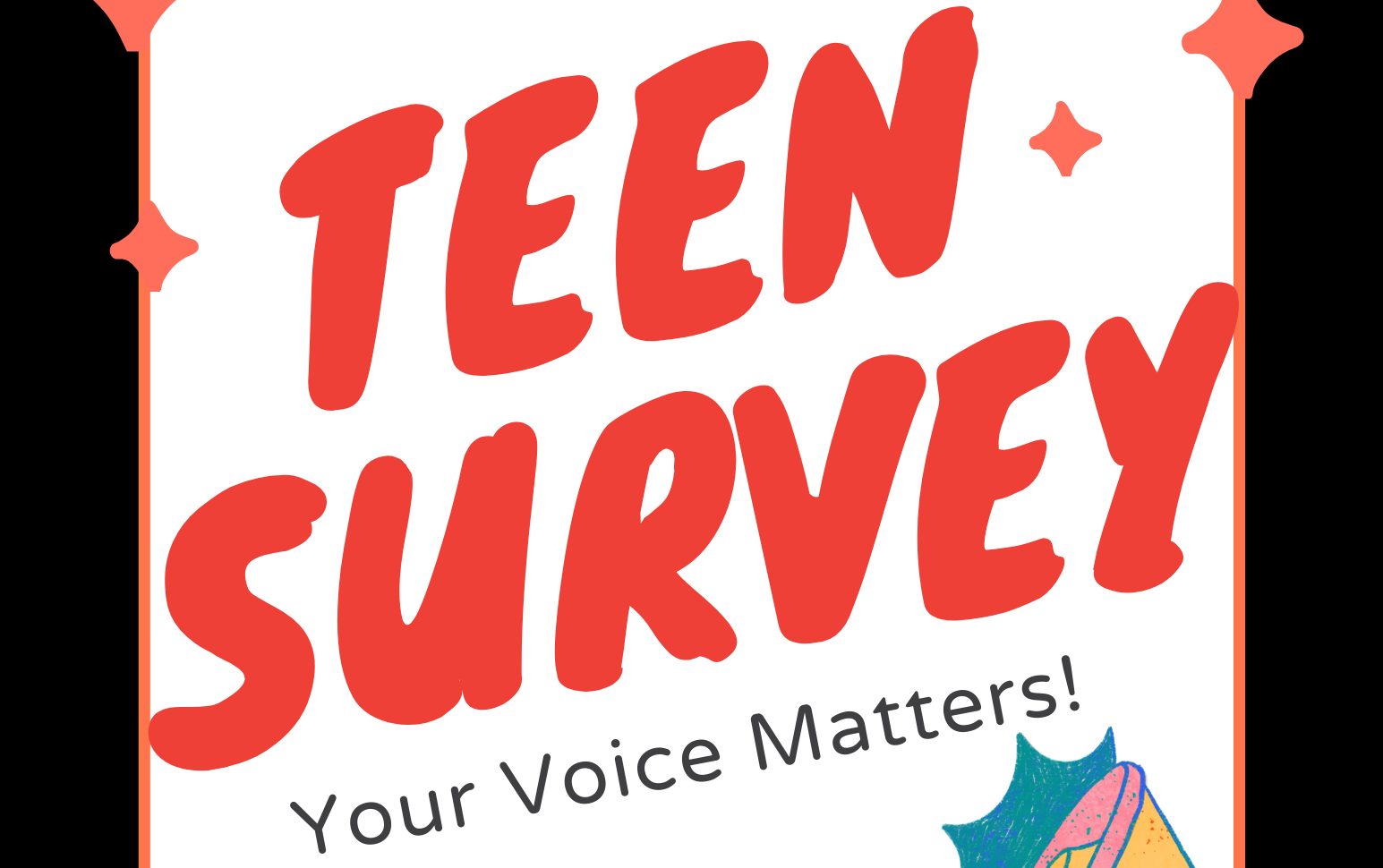“I just don’t want to be alive.” I begged into the empty room. I didn’t want to go through the act of killing myself, but I also didn’t want to be alive — so I begged. I begged that something might take me.
Even today, I cannot explain why I felt this way. I don’t know why Homecoming night was the breaking point, and I don’t understand how things got so bad. I don’t have answers, but the questions posed to tell a story in themselves.
Suicidal Ideation
The whole world was twisting. My back arched into the air, and the cold, concrete floors were the only thing supporting me. I wanted to dissolve into them. I wanted the paint-marked floors to swallow me whole. I didn’t want to face my life. I writhed in mental agony as my limbs flailed about in the air.
This was not a suicide attempt. This was the precursor. This was the consideration.
I probably looked like a fish. A fish contently swimming downstream until the fisherman of mental illness pulled me out of my peaceful surroundings.
I remember the screams. Cries of despair ripped through me until my throat was too raw to speak. I screamed until the pain of screaming was more intense than the pain of living in my head.
I should have stopped here. I should have enacted the safety plan from the last time. It sat as a box in my closet collecting dust, filled with sheets of paper — lists mostly: a list of positive things about myself, a list of the reasons I hadn’t ended my life yet, a list of reasons why I shouldn’t, and a list of numbers for helplines.
But I didn’t stop, because some part of me didn’t want to get better.
Instead, I picked apart the pieces of that night.
Almost Beautiful
Sophia came home with me as we got dressed together for Homecoming. I only knew her for about a month, but our friendship was fast and intense. She knew every secret I had.
The blonde ends of her hair flew around when she spoke. It was Homecoming night, and we were antsy with anticipation of what might go wrong. She slipped into her little black dress. She was beautiful.
We spent the next few hours agonizing over every detail of our appearance. The same agonizing feeling would follow me through the night.
I walked into my dress. I spun around and took note of the scarlet roses that were bright swirls on the black fabric. The idea of everyone’s eyes scrambling over my appearance made me hyper-aware of the way I looked. I remember feeling almost beautiful.
I should’ve stopped here. I should’ve recognized that my self confidence was low, and I should’ve known where this would lead. I could have looked in the mirror and practiced positive self-talk. I could’ve forced a smile to trigger positive chemicals in my brain.
But I didn’t because some part of me didn’t want to get better. Some part of me wanted to stay sick.
We talked about our worries.
“What if no one is there?”
“What if it’s awkward?”
“What if I make a fool of myself?”
“What if she looks even more beautiful than usual?”
This was not the first time Stella* crossed my mind that night. I could see the coils of her black hair fall in front of her eyes. I could hear the low crinkling sound of her voice and the melody of her laughter. I could feel her stare pressing into my eyes.
I worried that the reminder of how exquisite she was would drive me to do something stupid — like tell her how I felt. I might just confess that even though I had every reason not to, I still wanted her.

Sophia attempted to curl her hair in the bathroom behind me as I sat thinking about everything that might go wrong. The thoughts my anxiety gave birth to festered and grew in my head until my hands were shaking. I wouldn’t have gone out at all if it weren’t for her.
We waited for our ride to arrive. I looked into the windows of the lobby as if they were mirrors. They lined the front wall from top to bottom and beginning to end. The night inverted them — no longer were they a way to see out, now they reflected my image. I felt so close — so close to beautiful, so close to pretty. I’m always just far enough away to not reach the finish line.
The driver arrived, and we crawled into the black interior. It wasn’t long before — without real cause — a feeling of empty sadness came creeping back over me. This was the feeling of lost despair that followed me around like dead weight, that chained me to my own sadness.
“I just don’t want to be alive,” I whispered as a consolation to myself. I needed to say it out loud. I needed to validate that this feeling was real, but I didn’t want her to hear me. I didn’t want her to worry.
I still desperately search for a reason why — sitting with one of my best friends, headed to my first homecoming — I wanted to die. But maybe it’s not that simple. Maybe I don’t get to point at just one trigger. Maybe it’s bigger than that.
She didn’t hear me.
Tipping Point
We arrived 45 minutes late, and still there were twice as many people standing outside in the brisk October night as there were people in the dim lighting of the gym.
I looked around for Stella. When I found her, I was taken aback; the way her dress fell over her body seemed unfair. It was unfair that I could stand here watching her, but she would never see me that way. It was unfair that she could stand there and be so happy while I was subject to her beauty. Looking at her was painful, yet I didn’t want to take my eyes off of her.
Back in reality I began to try and interact with people normally. I didn’t dance that night. I lingered. Awkwardly.
I remember finding Stella in tears — her perfectly sharp eyeliner running as tear stains down her cheeks. I wanted to help her. I wanted to take her pain and make it my own. I volleyed questions at her.
“Are you OK?”
“What happened?”
“Can I do anything?”
“Do you want me to leave you alone?”
I didn’t get answers.
I was too late. She already had people helping her. She didn’t need me.
After the night officially ended, I stood waiting in the parking lot, the asphalt pressing against my heels. The app I was attempting use to call a ride refused to work. This was the tipping point — I couldn’t even use an app correctly.
The tears choked their way up my throat. Getting home was a blur of trying to hide my tears and catch my breath. I got home and collapsed onto the concrete floors.
“I just don’t want to be alive.”
I should’ve called a helpline. Or texted. Or called my psychiatrist. I should’ve done something to help me recover. But I didn’t because some part of me didn’t want to get better. Some part of me wanted to stay sick because this twisted version of my mind felt normal. I was scared that I would lose myself in the process of recovery.
Because death is always the answer, right?
At least that’s the way I felt. It felt like I was never going to get past the obstacles.
I knew all of my friends were tired of dealing with my drama. They were tired of having to support me when I was sad or anxious, and maybe it would be a relief for me to be gone. I would never get to be with Stella. I felt like I hadn’t done enough with my life to deserve the chance to live. I was a burden and a failure.
I didn’t deserve to live.
I opened the box that had been shut for months. I got out a small blade I had ripped out of a cheap razor. I pressed it into my wrist — hard. I stopped to contemplate ripping my veins open and dying that night. I was so close to killing myself, but I was thinking about that final move — the movement of the hand that would’ve ended everything.
I should’ve called 911. I should’ve gone to the emergency room and checked myself in. When you are this much of a risk to yourself, you get locked up on involuntary commitment. I should have been put in a psychiatric facility.
The only healthy thing I did that night was count.

Deciding to Live
I began to count to 100. I decided if I still wanted to die by the end of it, then I would. By 25 I began to see small reasons why I should live. My mother shouldn’t come back from vacation to a dead daughter. Halloween was coming up — the one day of the year my identity evades me and I can find some piece of confidence. By 75 I knew the real danger had passed.
At 100 I decided to live, but I had to decide. I had to decide to take the blade off of my wrist and remember to breathe. I had to find the will somewhere in my heart to keep waking up in the morning.
When you live with a fragmented mind, basic life functions feel insurmountable. I live with mental illness, and I battle with them every moment.
When I wake up in the morning I still struggle. I have to take medication, and I have to try to be OK. I have to fight like hell to reach a normal that everyone else just has, but that’s OK. Because every morning that I wake up to see, I am winning.
I still have nights like Homecoming. I don’t always want to live. I still have days where I want to rip open a vein and bleed out my life, but now I have something alive in me. It’s something fiery — something angry.
I become angry that I am sick. I become angry that I can’t just be normal, and I can’t get through everyday occurrences without falling apart. But mostly, I stay angry that no matter what good I do and no matter how hard I try, my brain stays diseased. Still, I take the anger that I hold against my illnesses and use it as fuel to get better. At least angry, I have something to drive me to keep waking up. Someday I will beat this.
Some days it’s not anger. Some days it’s the fear that if I am victim to these illnesses, I won’t be able to be the person I want to be. I want to be a person who is confident in their actions. I want to be a person who accomplishes things in this life. Some days it’s the hope that there will be good days, and there are days I regret having suicidal ideation in the first place. There are good days. But no matter what that feeling is that keeps me going, I am grateful. I am grateful that I can find some drive to keep waking up and to keep fighting.
Someday I will win.
Haley, 14, attends Grady High School.
*Stella’s name has been changed to protect her identity.
Need help?
Teen Line is a nonprofit that offers support by teens, for teens (ages 13 to 19) by phone or text.
- CALL 310-855-4673
- TEXT TEEN to 839863
They also have a “Teen Yellow Pages,” searchable resource guide.
This semester, the VOX Investigates team covered many angles and stories of mental health. Please click here for more resources for you or a friend.




